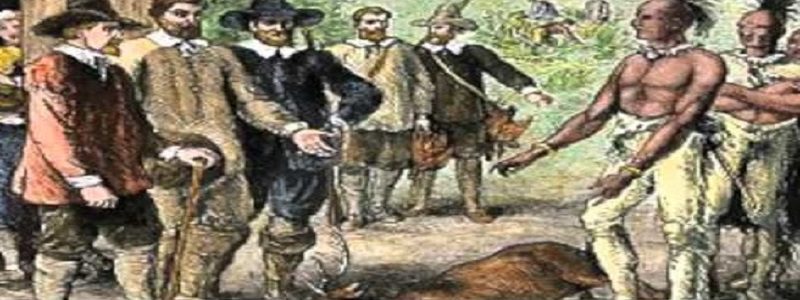Persuasive Letter Writing and ‘Number the Stars’
This is an argument-based project on Lois Lowry’s 1989 young adult novel on the Nazi occupation of Denmark and its impact on a gentile and Jewish family of friends. It asks students to study the novel in relation to debatable issues related to the central motif of bravery in the book, and then has students write a persuasive letter from the protagonist, Annemarie Johansen, to her Jewish friend in exile, Ellen Rosen, answering a question that gets to the heart of the question that the book asks: does the young Annemarie act courageously, and if so how courageously?
The Refutation Gaps Activity
Overview
Templates can help students master the format, linguistic constructs, and conceptual structure of the more difficult aspects of argument writing. Refutation of counter-arguments certainly falls into the “difficult aspects” category. Through practice with the scaffolding device of the writing template, students can assimilate the formal aspects of written refutation so that they can cultivate the even more higher-order quality of thinking hard about why it is that the best counter-arguments against their position aren’t reasons to abandon their original position, even if they necessitate some concession and adjustment.
Is Mass Incarceration the Moral Equivalent of Slavery? Inquiring into and Arguing the Intersection of American Criminal Justice and Race History
Partner schools of Argument-Centered Education are taking up the issue of mass incarceration in the United States in their argument-centered social science and civics classrooms. Here’s how they’re doing it.
Overview
The United States – as President Barack Obama famously noted in a 2015 speech to the National Association for the Advancement of Colored People (the NAACP) – has 5% of the world’s population but about 25% of the world’s prisoners. The American prison population went from 300,000 in 1972 to 2.4 million in 2016, according to Amnesty International. What’s more, nearly 40% of the people in prison in this country are African-American, even though only 13% of Americans are black.
Clashing Values: ‘Antigone’ and Argument-Based Discussions in Small Groups
Overview
It has been said that we can understand what a character in a work of literature most values, and how true they are to their values, by looking closely at what that character is willing to sacrifice and for what purpose. Classical drama established a kind of literary template by setting up a clash of values represented by characters in conflict with each other.
There is certainly a clash of values embedded within the dramatic conflict in Sophocles’ Theban drama Antigone (441 BCE). These argument-based small-group discussions get students looking at the way that this seminal drama sets the values of Athenian society (and thus, therefore, much of Western society thereafter) off against each other and examines how they interact and how they are prioritized by the play (and by ourselves).
Mock Trial: Investigating the Origin of the Oppression of Native Americans
Overview
Blood on the River is a very well-regarded 2006 young adult historical novel by Eliza Carbone. Told from the point of view of 12 year old English orphan Samuel Collier, it is set in 1606 – 1611 and tells the story of the settlement of the Jamestown colony in Virginia, from the erection of the first domiciles, to the building of the fortress that would protect the fragile colony, to the “Starving Time” in the winter of 1609-10, and beyond.
Threaded throughout the novel there are conflicts between the British aristocracy (which both sponsors the trip, in the form of the Virginia Company, and leads it, in the persons of several Captains) and commoners, and between the colonists and the native population of Virginia. These conflicts form the heart of the novel’s concerns and interests. This argument-based project brings these conflicts together in a debatable question that plays itself out in the classroom in the form of a mock trial that puts the British aristocracy on trial for, in effect, originating the violent oppression of the Native American population that Blood on the River anticipates and (in its closing pages) foretells.






